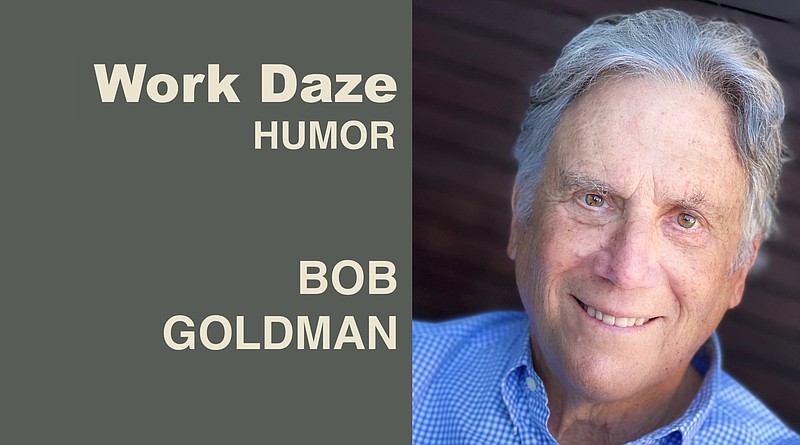You hear a lot of palaver these days on the subject of self-improvement.
Take a ton of commitment. Slather on a lot of hard work. That's the way you get better at getting better. It doesn't really matter what you are getting better at, either. Whether it's climbing the Matterhorn or flossing your teeth, the goal is the same:
You need to become a better you.
Or maybe you don't.
"The Mental Benefits of Being Terrible at Something" is a not-at-all terrible article by Brad Stulberg in Outside magazine. (I know. The entire concept of being outside deserves a big, fat, heartfelt "ugh." Sweating in the hills and frolicking in the dales — think of all the couch time you would miss!)
The basic foundation for Stulberg's argument is the "80/20 rule," which states "once you've learned or figured out the first 80% of something, the effort it takes to learn the last 20% might not be worth it."
The last 20% is not worth it, see, because it is almost always the hardest. If you're playing the odds, it's better to cruise along at 80% mediocrity than go for 100% mastery. Or, put another way, it's better to be mediocre in a lot of things than be a master of one or two.
And this is exactly the way most of us manage our careers. Being 80% good at a lot of different aspects of our jobs presents a better face to management than being the 100% master of one thing and, on a good day, averaging 50% at everything else.
Being the master at making coffee in the morning doesn't compensate for a minus-10% attitude.
The solution, of course, is to be better at being mediocre. Management always prefers quantity to quality, so stop trying to do everything better. You only have to do a lot more, worse.
One area where you definitely could be more mediocre is in the area of workplace hospitality, a trait psychologists file under "openness to experience."
If you are working to be more open, I say, shut that door.
Don't be Harry Hospitable, the office's go-to social director, trusted by management to greet new hires and make sure they're successfully integrated with the company and the team. Realize that every new hire is your enemy, and you will not succeed unless you make them fail.
Tell those nasty new hires that when it comes to big projects, your manager likes to be kept out of the loop until the last minute, if he really doesn't. Tell them when it comes to sharing personal information with co-workers, they shouldn't be shy about being nosy, since your co-workers love to share, when they don't.
In short, being more terrible at helping new people integrate will mean the job will be handed off to someone else. They will not do it as well as you but remember that the faster the new hires fail, the better you look.
Another job skill at which you could be more terrible is "cultivating a curious and open attitude." Instead of accepting new challenges with enthusiasm, recognize them for what they are — personal attacks on your ability to spend time at work online shopping.
Be aware that closing your mind to new opportunities may trigger anxiety. Judson Brewer, a Brown University neuroscientist, hooked subjects up to "functional MRI machines" to discover that "the more curious and open someone is about their experience, the less activity there is in brain regions associated with anxiety."
This is a valuable study, not for the results, but for the brilliant idea that you could hook yourself up to a slightly more dysfunctional MRI machine. Put a cardboard box on your desk. Paint a bunch of knobs and dials on it. Take wires from old, busted earbuds and run them through holes in the box. Tape the ends to your forehead with vanilla frosting or super glue, your choice.
It's unlikely that anyone will ask about your homemade MRI machine, but, if they do, quietly explain you are part of a study on anxiety and trying to determine why you go moo-moo-goo-goo when people bug you with stupid questions.
The proper level of menace in your whisper should ensure that no one comes near you with a new project, or an invitation to a meeting, or a homemade chocolate chip cookie.
The loss of free cookies is a serious drawback to this strategy, I admit, but nothing's perfect. And you shouldn't be, either.
Bob Goldman was an advertising executive at a Fortune 500 company. He offers a virtual shoulder to cry on at

